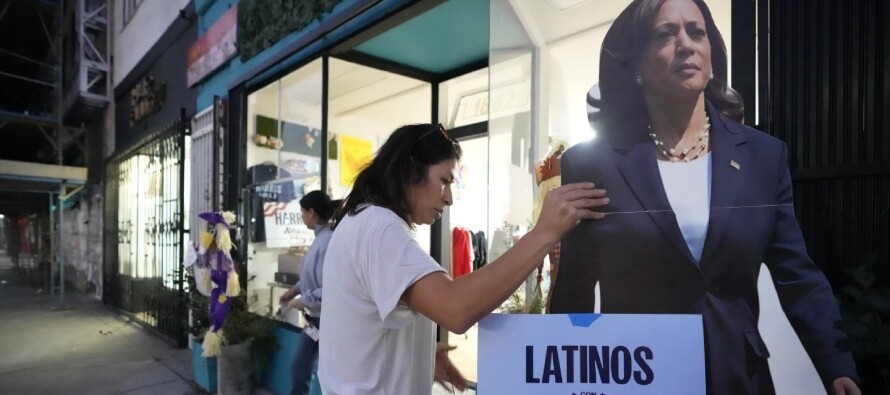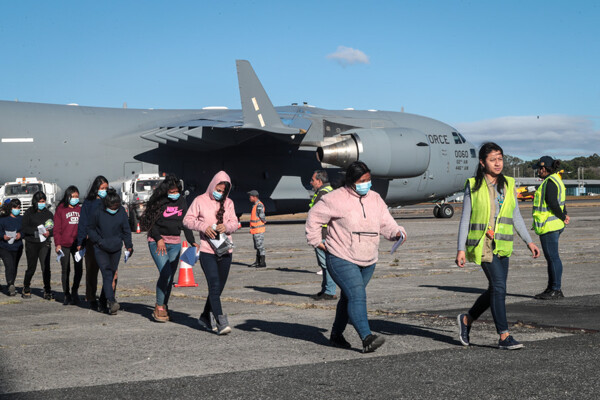
According to research, the Latino population in the United States shows greater concern for climate change compared to other ethnic and racial groups. Emiliana Guereca, president of the Foundation for the Women’s March, emphasizes the importance of the issue for Latinas, focusing on the states of Arizona and Pennsylvania, where priorities may vary regarding issues of importance.
In this context, the testimony of Aranza, a Latina voter from Pennsylvania who, for the first time in a presidential election, considers climate change relevant due to its impacts on the economy and the health of her community, stands out. Climate change also concerns Jasmine Vargas in Los Angeles, who sees this issue as a determining factor for the future of her children.
In the electoral race, the influence of Latinas as voters is emphasized, especially those who show a high participation rate compared to Latino men. Groups like 'Vote Like a Mother' seek to mobilize this population, prioritizing proposals on climate change that resonate with Latina mothers concerned about protecting their children's future.
Latinas, particularly those who support Vice President Kamala Harris, show greater concern for climate change compared to those who back President Donald Trump. The electoral campaign reflects different positions of both candidates regarding this issue, impacting the perception of Latino voters.
Amid these electoral dynamics, the 'Vote Like a Mother' initiative highlights significant resources invested to mobilize Latinas in key states like Arizona, with a bilingual and non-partisan focus. The campaign aims to raise awareness about the importance of voting, considering climate change as a vital issue for the future of Latino communities.
The testimony of Mary Wagner, a Latina mother in Nevada, illustrates the concern for her children’s health in light of increasing impacts of climate change, such as wildfires affecting air quality. The vulnerability of low-income Latino communities is exacerbated by their proximity to environmental pollution sources such as power and gas plants.
In this context, Latinas demonstrate a diversity of approaches and priorities regarding climate change, influenced by factors such as gender, education, birthplace, and political affiliation. The electoral campaign reflects the importance of addressing these differences and designing proposals that resonate with the diversity of the Latino population in the United States.
In conclusion, climate change emerges as a key issue on the electoral agenda, especially among Latinas seeking to protect the future of their communities and families. Through initiatives like 'Vote Like a Mother,' the goal is to mobilize this segment of the population, highlighting the importance of voting with environmental awareness to ensure a sustainable and healthy future for coming generations.














